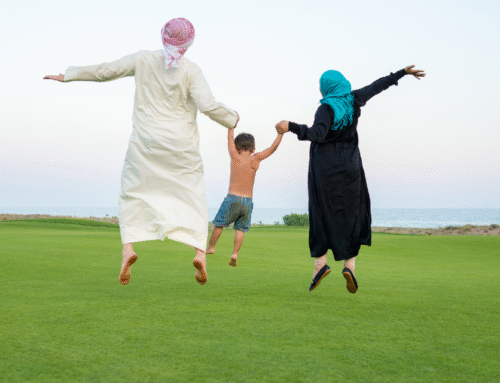I love music. I pride myself on having a diverse and multilingual music library with over twelve thousand songs, curated over three decades. It is also a library that transcends age; it includes classics from as far back as the 1940’s.
However, there is an obvious dominant genre, hip hop.
Hip Ties!
I had an interesting upbringing, or as a friend of mine likes to put, “you have had many lives.” That was the reason for the instant connection. Rap and hip hop talked about realities that I experienced or continued to experience. The lyrics mesmerized and shocked me; they told real stories. It wasn’t feel-good music; it was reality in musical form.
There were others out there who said a lot of the things I wanted to say or yell out. They were true, honest, and raw.
Forward into the past
Arabic music, my first musical love, is romantic—everything is very romanticized. Love and heartbreaks are or were the main topics of discussions. Add to that religious and patriotic songs. Those were the pillars of popular Arabic music.
And every generation was allowed one popular folklore singer who can break the mold, Ahmed Adawya is a fitting example.
Back to the future
In 2019, I attended an Egyptian wedding, and I didn’t know most of the songs. The crowd was dancing and enjoying the beats, and I was focused on the lyrics. They made no sense; they weren’t telling any story. If anything, they felt like a total regression.
A new genre, Mahraganat, had been sweeping the Egyptian streets, and I had zero interest in it.
The genre itself has some appeal because it deviates from the norm. Yet, I can’t get myself to like it; it reminds me of mumble rap.
For now, I will tolerate it.



I love romantic Arabic songs. Oldies but goodies!